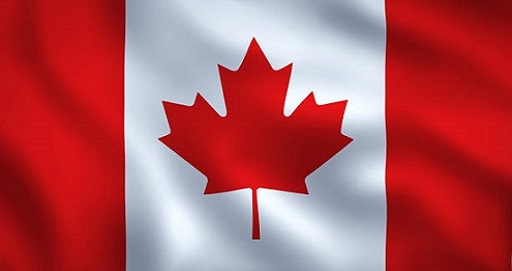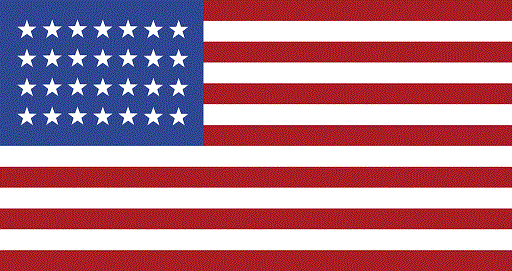- Your cart is empty
- Continue Shopping
Majority worries a fall COVID-19 wave could bring back restrictions: poll

More than half of Canadians are worried a fall wave of COVID-19 will prompt the return of significant restrictions to public life such as mask mandates, social distancing and reduced gathering sizes, a new Nanos poll suggests.
Nanos Research found that 55 per cent of Canadians are worried or somewhat worried about a fall upswing in COVID-19 transmission prompting a return to restrictions to public life that largely ended in Ontario in early 2022.
Among 1,002 randomly selected Canadian adults, 16 per cent told Nanos they were worried about a fall wave prompting a return of restrictions, while 39 per cent said they were “somewhat worried.”
Twenty-three per cent of respondents said they were not worried about a return of restrictions, 19 per cent said they were “somewhat not worried” and two per cent were not sure.
The number of respondents fearing new restrictions was highest in Atlantic Canada, Ontario and Quebec and lower in the Prairies and B.C.
COVID-19 transmission in Ontario happens to be on the increase, with several leading epidemiologists and the province’s science advisory table calling it a seventh wave.
But the Ford government and the province’s official public health leadership are looking ahead to the fall where a new COVID-19 vaccine booster campaign is planned to counter transmission.
The same poll asked respondents about their travel plans this summer in light of ongoing delays, cancellations and baggage loss issues at Canadian airports.
It found that 61 per cent of respondents have no plans to travel internationally this summer and 15 per cent said they wish to travel abroad but have no plans.
Twelve per cent said they have plans to travel abroad this summer, while nine per cent said they either had travel plans and cancelled them or have plans that they may cancel.
Sixty-nine per cent of respondents aged 55 and other said they had no desire to travel internationally, compared with 53.4 per cent of people aged 18 to 34.
The number of people with international travel plans still in place was highest in Quebec and Ontario, 14 and 13 per cent respectively, and lowest in the Atlantic and Prairie regions, at 9.5 per cent and 7.8 per cent respectively.
The poll was conducted between June 30 and July 4, reaching cell phone and landline subscribers via live agents who then directed respondents to complete a survey online.
The sample is weighted against the latest Census to ensure it is geographically and demographically representative.
The poll is considered accurate +/- 3.1 per cent, 19 times out of 20.








